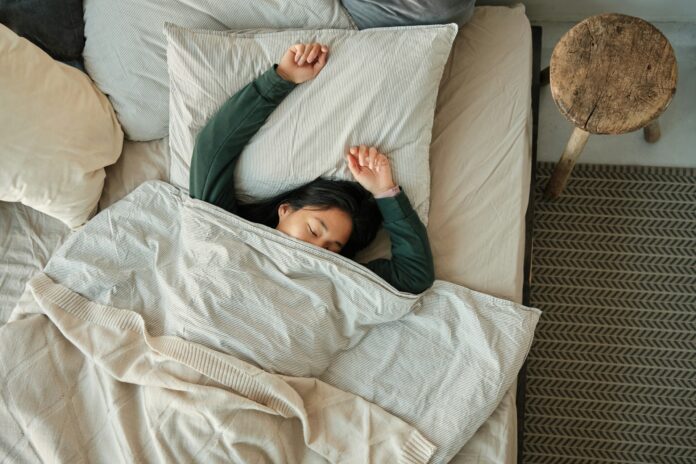For many of us, the morning routine includes a quick swipe of a cotton bud in the ears. It’s a habit ingrained from childhood, a seemingly harmless act of hygiene. However, recent advice from health professionals suggests that using cotton buds (or Q-tips, as they’re known across the pond) might not be the safest way to clean our ears. So, if cotton buds are off the table, how should we be cleaning our ears?
The Problem With Cotton Buds
Before we delve into alternative methods, it’s important to understand why cotton buds are discouraged. The ear canal is a delicate structure, and inserting a cotton bud can cause several issues:
- Pushing Wax Deeper: Instead of removing earwax, cotton buds often push it further into the ear canal, potentially leading to blockages and impaction.
- Injury Risk: The ear canal and eardrum are sensitive. A slip of the hand can result in painful injuries or even perforation of the eardrum.
- Infection: Introducing foreign objects into the ear can increase the risk of infections, especially if the skin inside the ear is scratched or damaged.

Understanding Earwax
Earwax, or cerumen, is often misunderstood. It’s not just a nuisance; it plays a crucial role in ear health. Earwax traps dust, debris, and microorganisms, preventing them from reaching the inner ear. It also has antibacterial properties and helps to moisturise the ear canal, preventing it from becoming dry and itchy.
The ear is a self-cleaning organ. The movement of the jaw (through talking and chewing) helps to move old earwax from the ear canal to the outer ear, where it naturally flakes away.
Safe(r) Methods To Clean Your Ears
Given the risks associated with cotton buds, here are some safer alternatives to keep your ears clean and healthy:
Let Nature Take Its Course
For most people, the best way to clean the ears is to let them clean themselves. The natural process of earwax migration usually takes care of any build-up. Simply wiping the outer ear with a damp cloth during your regular shower routine is often sufficient.
- How to Do It: After your shower, use a soft, damp cloth to gently wipe the outer part of your ear. Avoid inserting the cloth into the ear canal. This method helps to remove any wax that has naturally moved to the outer ear.
Use Ear Drops
Over-the-counter ear drops can help to soften and break down earwax, making it easier for the body to expel it naturally. Look for products containing hydrogen peroxide or saline solution. Follow the instructions carefully, and avoid using ear drops if you have a perforated eardrum or ear infection.
- How to Do It: Lie on your side with the affected ear facing up. Apply the recommended number of drops into the ear canal. Stay in this position for a few minutes to allow the drops to penetrate the wax. You may hear a fizzing sound, which is normal. Repeat as directed on the product label.
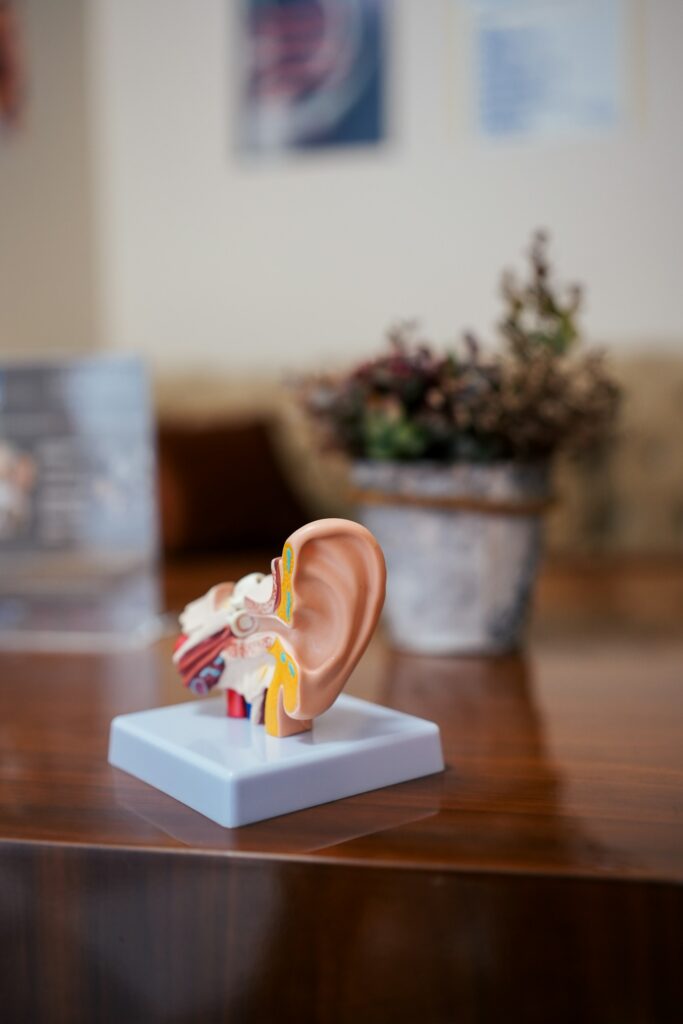
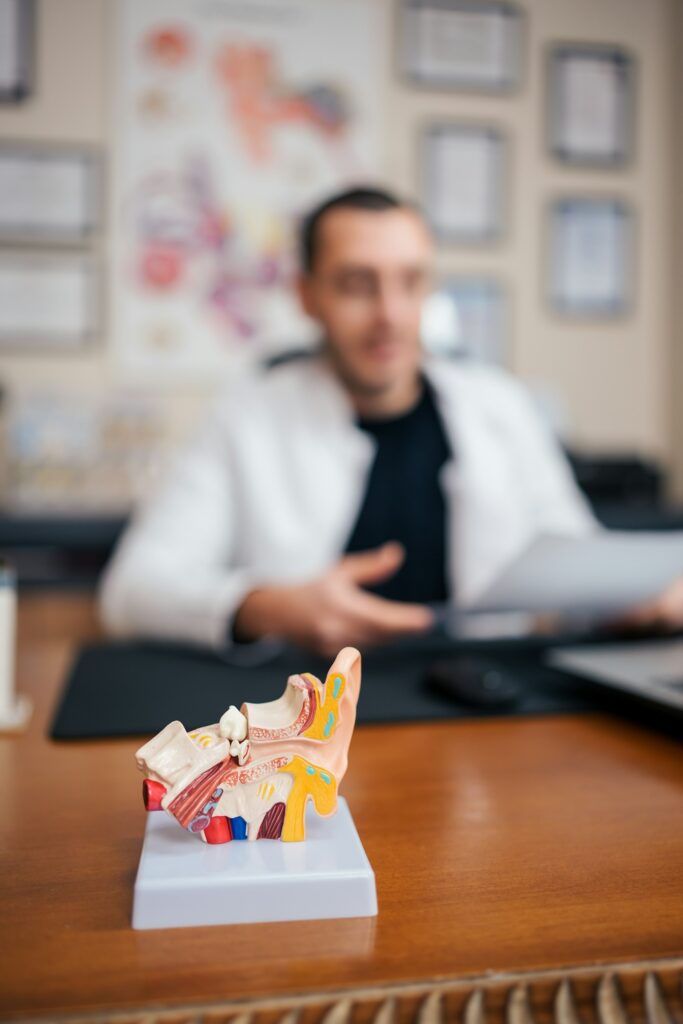
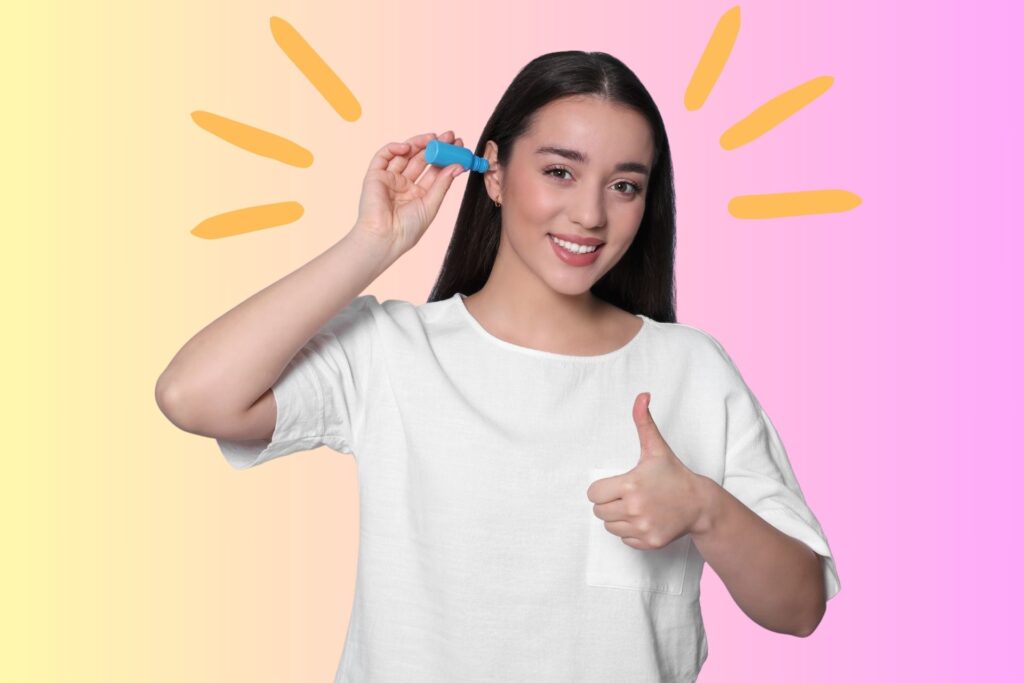
Olive Oil or Almond Oil
A few drops of warm (not hot) olive oil or almond oil can help to soften earwax. Tilt your head to one side, apply a couple of drops into the ear, and stay in that position for a few minutes. Repeat this process for a few days if necessary. The softened wax should eventually work its way out naturally.
- How to Do It: Warm the oil slightly by placing the bottle in a bowl of warm water. Using a dropper, place a few drops into the ear while lying on your side. Stay in this position for 5-10 minutes. Repeat this process twice a day for up to five days.
Ear Irrigation
Ear irrigation is a method where water is used to flush out earwax. This can be done at home with a bulb syringe or at a healthcare provider’s office. If you choose to do it at home, use warm water and be gentle to avoid damaging the ear canal or eardrum. If you’re unsure, it’s best to seek professional help.
- How to Do It: Fill a bulb syringe with warm water. Tilt your head to one side and gently squirt the water into the ear canal. Allow the water to drain out, bringing the earwax with it. Repeat if necessary. Ensure the water is not too hot or too cold to avoid dizziness.
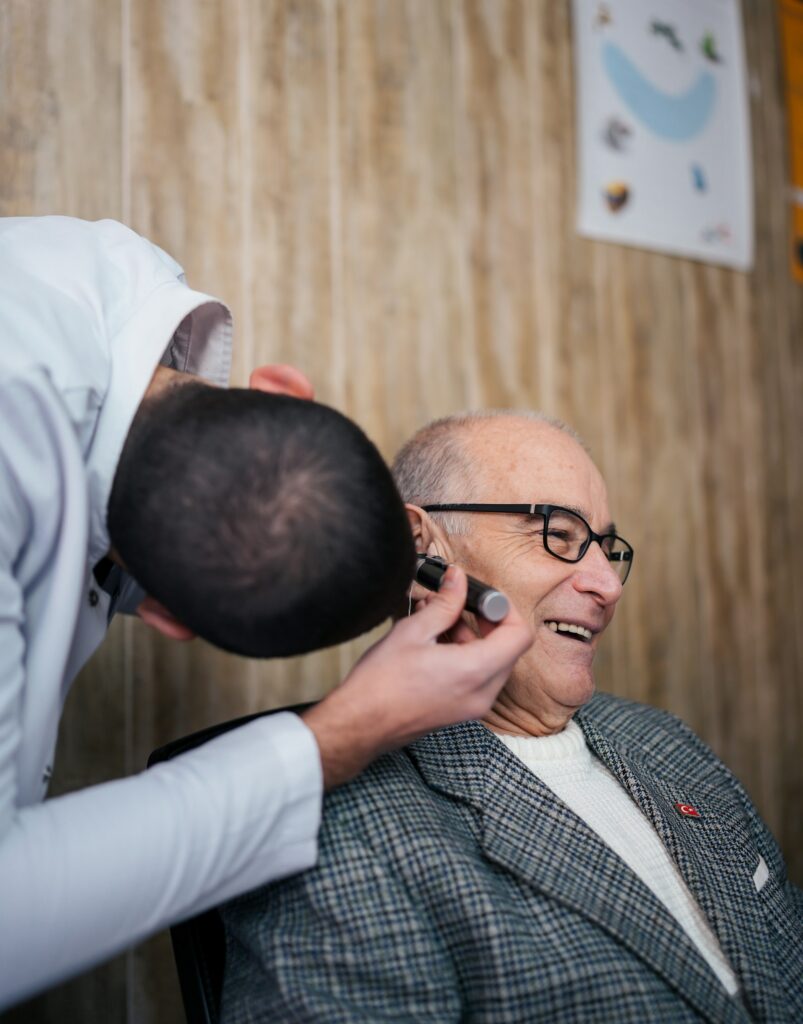
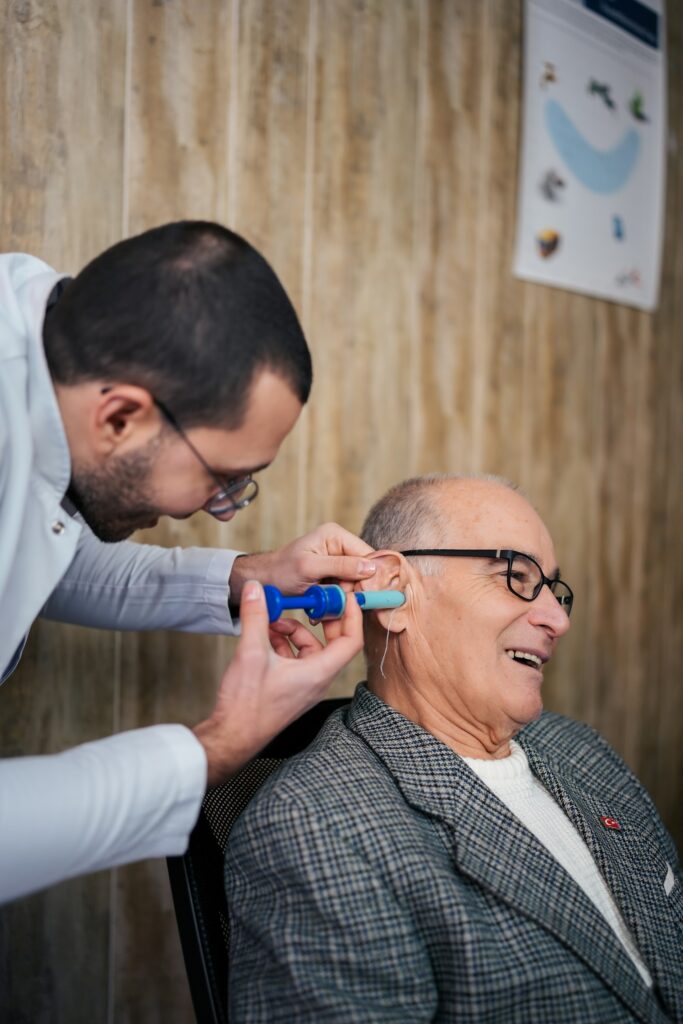
Visit a Professional
The team at TheHearingHub says that ear wax is naturally produced by your ear, but once it starts causing issues, it’s time to speak to a specialist. Excess ear wax can lead to blockages and buildup, which can impact your ability to hear properly. This not only affects your communication and daily activities, but it can also potentially lead to more serious problems if left untreated.
If you experience symptoms like ear pain, hearing loss, or a feeling of fullness in the ear, it’s wise to consult a healthcare professional. An audiologist or ENT specialist can safely remove earwax using specialised tools and techniques.
- How to Do It: Schedule an appointment with an audiologist or ENT specialist. They may use methods such as microsuction, where a small vacuum is used to remove earwax, or manual removal with specialised instruments.
Read: What to expect at an earwax removal appointment
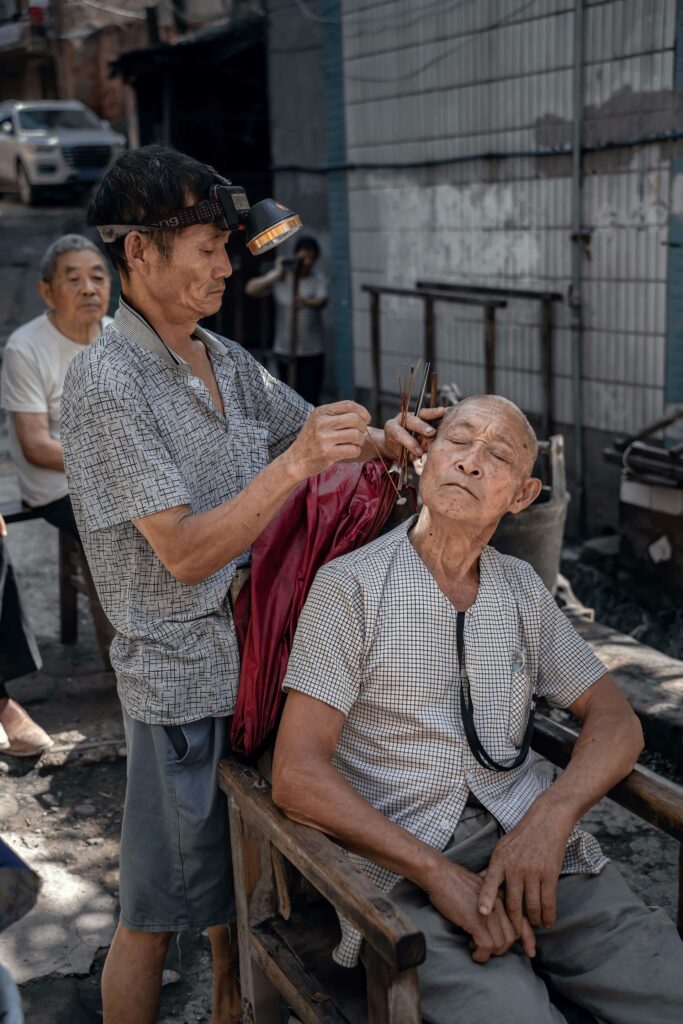

What To Avoid
In addition to cotton buds, there are other methods and products you should avoid:
- Ear Candling: This involves placing a lit, hollow candle in the ear canal. It’s not only ineffective but also dangerous, with risks of burns and ear injuries.
- Sharp Objects: Never use hairpins, paper clips, or other sharp objects to clean your ears. These can cause serious damage.
- Hydrogen Peroxide in High Concentrations: While low concentrations in ear drops are safe, using high concentrations of hydrogen peroxide can irritate the ear canal and cause damage.
- Frequent Use of Ear Drops: Overuse of ear drops can lead to irritation and dryness in the ear canal. Follow the recommended usage instructions and avoid prolonged use without consulting a healthcare professional.
The Bottom Line
While the urge to clean your ears with cotton buds might be strong, it’s important to consider the potential risks. Embracing safer methods can help maintain ear health and prevent complications. Remember, in most cases, your ears are perfectly capable of cleaning themselves. If in doubt, seek advice from a healthcare professional to ensure you’re taking the best care of your ears.
Now, if all of that olive oil you’ve been using to clear your ears has overflowed from your ears and caused a mess, then you’ll want to check out these top tips on stubborn stain removal next. Ooft; what a segue.



